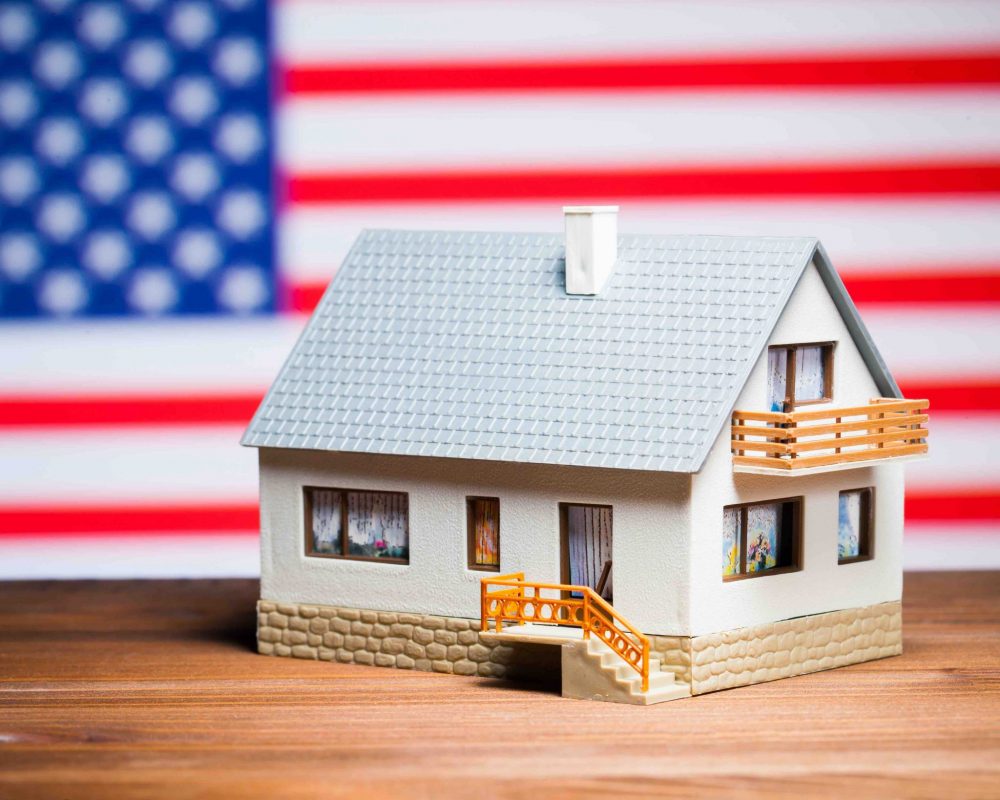In the United States, property taxes are often based on values 30-60% higher than a property’s worth. Factors like this make investors want to invest globally. The primary factor that comes into play for real estate investors globally is how the economy will treat the investment. At the basic level, someone investing in non-commercial property will want to look at predictions on how property values will appreciate or depreciate over time. The commercial investor will want to look at current and projected ROI for whatever product their newly-acquired property can produce.
For example, investors can buy overseas real estate with a self-directed IRA. The investment must be made “at arm’s length,” meaning you can’t live in or profit off of the property. Instead, any rental income or other income must go right back into your IRA. You have to go through a third party, a custodian or trustee, and you have to establish an entity in respect to the laws of the country where you’re investing. One investor, Bill, purchased a mango farm in Panama. The ROI from the investment will go back into Bill’s IRA, tax-free. Ostensibly, Bill will make a boat-load of money exporting mangoes to America and elsewhere.
But that’s assuming mango imports to America aren’t taxed at rates that drive down Bill’s ROI. America’s president-elect, Donald Trump, has promised to be tough on trade. Particularly, he threatens to raise tariffs on Mexican and Chinese imports. Imports from Mexico would be taxed at a rate of 35%, while Chinese imports would see 45% tariffs. These rates are speculative. Essentially, Trump wants to use tariffs as leverage. If a country doesn’t “follow rules and regulations,” they’ll face tariffs. In what may be a precursor to the trade war to come, China is fighting back by threatening to cut iPhones, US-made cars, as well as US soybean and maize imports.
According to Western Union, you have to live in China to buy real estate there. But for a hypothetical real estate investor, a trade war with China would affect investments elsewhere. If China’s economy starts to slip as a result of high tariffs, China’s housing market could suffer. This, then, would hurt countries that supply China with timber and other housing materials. On one hand, it would lower real estate prices in dependent countries. The investor could buy low, but would be at risk of seeing ROI depreciate as long as a trade war continues. Even after the end of such an event, foreign economies that depend on exporting their goods, whether agricultural or manufactured, would take time to rebuild.
In general, trade wars with Mexico and China would result in the degradation of subsidiary economies. This would make buying real estate in these economies inexpensive but inherently risky. The investor who uses a self-directed IRA to buy non-commercial real estate can’t legally rent the property out and then profit from it. But they can put the money they earn back into their IRA. However, if property values go down in struggling economies, rent goes down, too. This may deter certain investors from troubling with this type of investment. They could make bigger short-term gains in other investments.
It’s tough to say who in the global economy would not be hurt by trade wars. However, there is one picture that’s not beyond reason. Raising tariffs on a country such as China would in turn cause prices for Chinese-made goods to go up. Right now, Chinese-made goods cost less money and you can find them on the shelves at a store like Walmart. While higher prices on these goods would hurt economically disadvantaged people, the upper class wouldn’t see as much of the pain.
When the tariffs also affect foreign housing markets, rich investors could take the chance and buy up more land. As University Of Alabama’s Collat School of Business points out, that’s what happened when the US economy was bouncing back: “Investors who could pay cash up front for foreclosures and cheap property rushed to buy as much as possible in order to sell the property later for a profit. This left homeowners, who were unable to get a good selling price for their current home, without many options if they decided to move.” Using a self-directed IRA, investors could effectively own more of the world and not pay taxes on ROI. In effect, the rich would get richer while the poor would get poorer.
But there’s a caveat. Countries hit by Trump’s trade war could hit back by banning purchases by the type of entities that can now buy real estate through self-directed IRAs. China already does this for its own political reasons. But Chinese investors are buying up American real estate, and they could own about $218 billion dollars’ worth by 2020. This gives them a foothold in America that tariffs can’t touch.
Trump’s tariff threats may indeed be no more than posturing—a business trick to get your competitor to pony up. But the posture injects uncertainty into markets. For the real estate investor, the best hope is that Trump doesn’t spark a trade war.





























